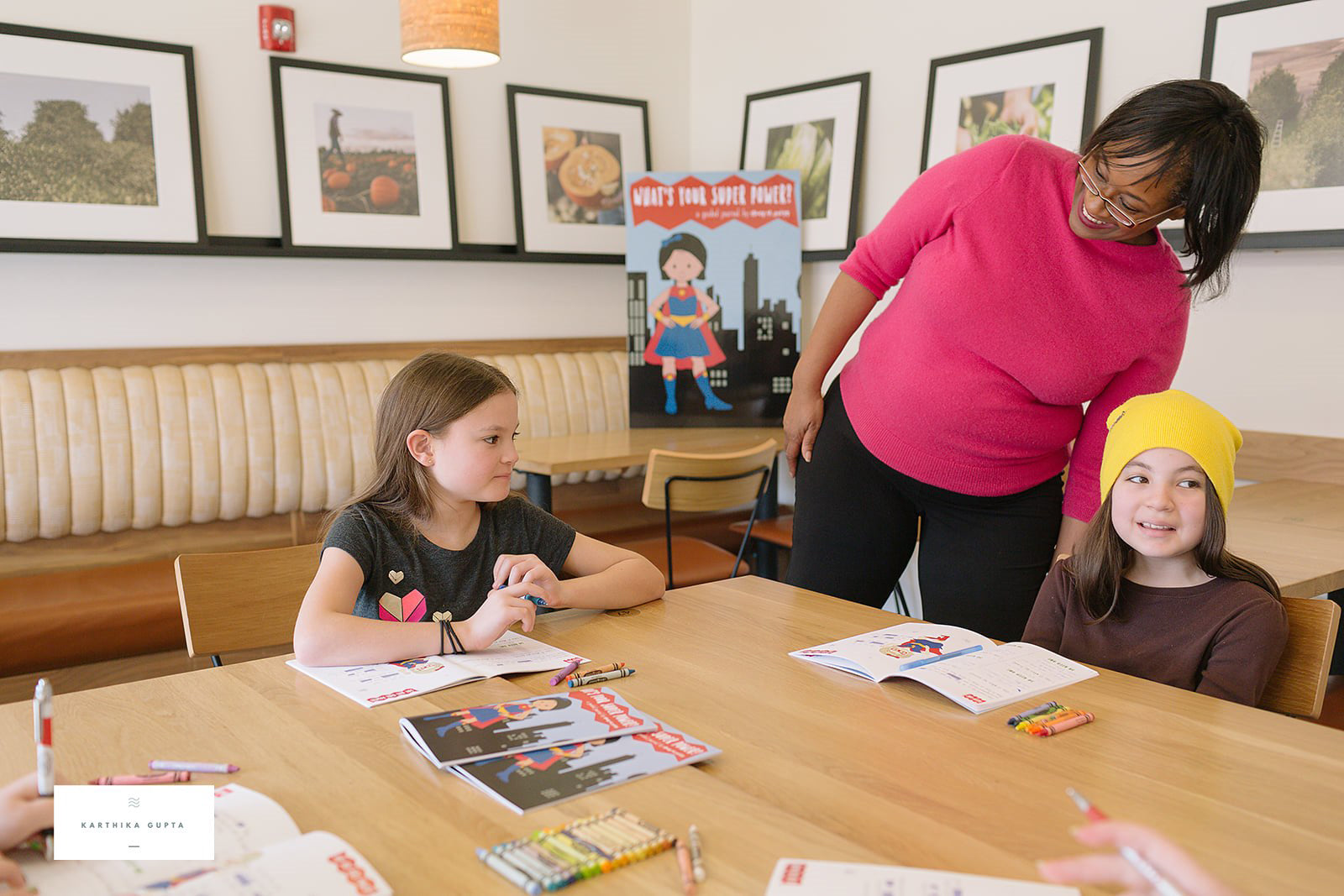
Summer break is upon us and kids are ready for summer adventures to begin. While parents are also excited about the end of the school year routine and are looking forward to more fun family time, they are also concerned about summer learning loss. To address this issue, many parents enroll their kids in summer academic programs or purchase materials to use at home to help ensure that their kids retain reading, writing, and math concepts learned over the school year.
But what about social emotional learning concepts?
The wonderful thing about social emotional learning is that there are opportunities to easily reinforce these skills throughout the summer as part of your family’s summer activities. Here are a few ideas.
Volunteering to strengthen social awareness
The benefits of volunteering are numerous, including supporting social emotional learning skills such as empathy, self-confidence, teamwork, and leadership. With more flexible schedules and generally more temperate weather, summer vacation provides new opportunities for kids to help others and at the same time help themselves. The summer also provides the opportunity to take on larger projects that extend over the course of the summer.
To find volunteer opportunities, check with local civic organizations such as Rotary International and Kiwanis International, and religious organizations. Local nonprofits such as animal shelters, nursing homes, libraries, and food pantries often offer volunteer opportunities for children.
Another option is for your child to come up with their own project. Kids are often genuinely concerned about issues impacting the world, their neighborhood, or issues that are important to their family and want to do their part to help.
My son Isaiah is concerned about the environment. At home he has taken ownership of making sure we properly recycle. He also has taken it upon himself to clean up litter around our neighborhood. When kids take leadership roles in service projects, they tend to be more engaged and realize even more social emotional learning gains.
Visiting museums to strengthen self-awareness and social awareness
During the summer visits to museums increase significantly as they are popular among tourists. They provide both fun and education for the entire family. But museums, particularly art, history, and cultural museums, can also provide unique opportunities to strengthen the social emotional learning skills of self-awareness and social awareness.
Museums provide natural opportunities for kids to learn, explore, and inquire in an inviting, unintimidating atmosphere. The exhibits have stories behind them. Museums also provide opportunities for children to learn information about other cultures and help them appreciate different perspectives.
When viewing the exhibits and reading or listening to the narratives, children will have emotional responses. When you ask your child probing questions, you can help them identify their feelings and explore the reasons behind those emotions. The conversations that you have with your children can result in an increase in empathy and an increase in their respect of differences, leading to growth in social awareness.
How do you feel when you look at a painting? At a sculpture? These are great topics to discuss with your children when you visit an art museum together. Art can bring a range of emotions such as happiness, sadness, laughter, and confusion. Helping children explore their reactions to what they see and identify their emotions helps support self-awareness.
In addition, visiting art museums can help children understand and better recognize the feelings of others. There are always stories behind works of art. Learning those stories can help kids understand the impact of culture on art.
Socializing with friends to strengthen relationship skills
Children experience growth in relationship skills through socializing with peers. During the last 15 months, social interaction among peers has been limited as remote learning was the norm and families often limited peer contact to a small circle of close family friends. While there may be some limitations on social contact this summer, it will still allow for more opportunity for kids to spend time with a wider group of peers in a non-academic setting.
Consider incorporating social interaction with another SEL activity to make the experience even more fun and more valuable. For example, take a group of your child’s friends on a summer outing to a museum. Or, encourage your child and their friends to organize a service project or participate in a volunteering activity together.
Spending time in each other’s homes, participating in activities together such as volunteering, camp, sports, and going to amusement parks will allow them to cultivate strong relationship skills as they listen, communicate, cooperate, and resolve conflicts with one another.
Volunteering, going to museums, and socializing with friends are just 3 examples of opportunities to incorporate SEL throughout the summer. Look for additional opportunities to help your kids flex their social emotional learning muscles to strengthen their self-awareness, social awareness, relationship skills, self-management, and responsible decision-making skills. Once you start looking for them you will see them all over!
Stacey Montgomery
Creator, Why Is Different Awesome? Social Emotional Learning Program
@2021. Stacey Montgomery. All rights reserved.





Leave a Comment